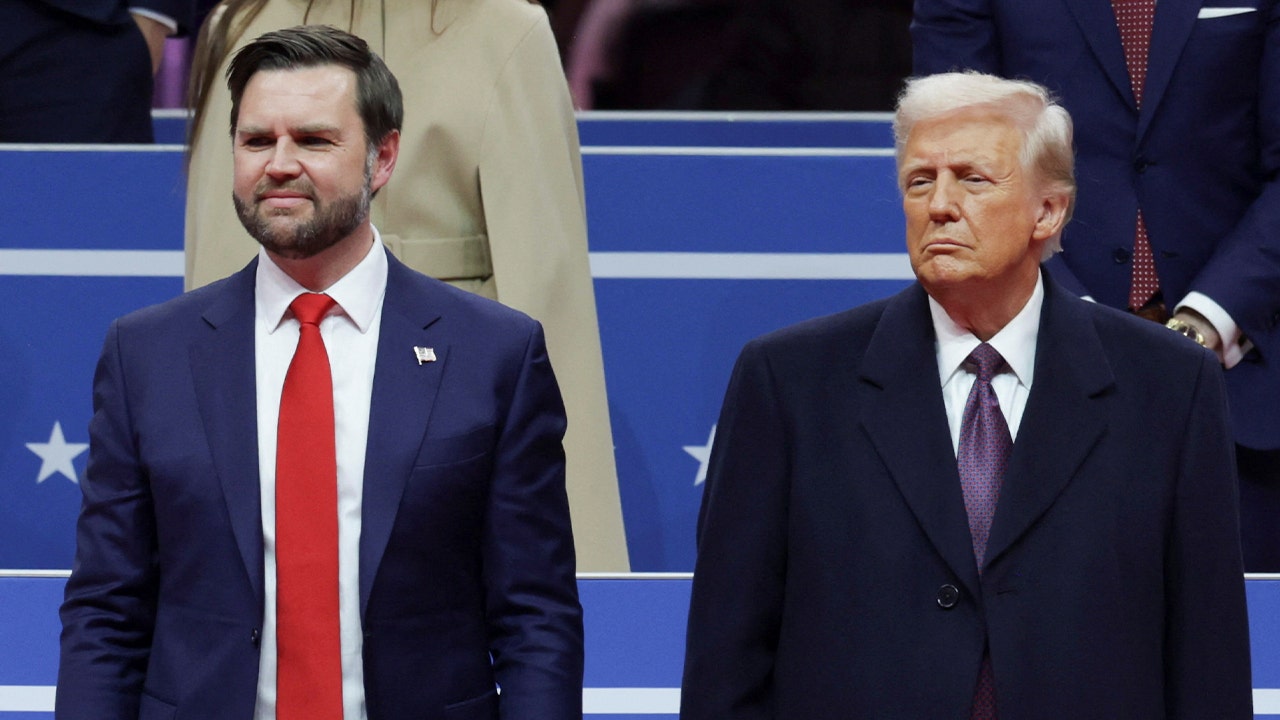Posted on Monday, February 17, 2025
|
by AMAC, Robert B. Charles
|
24 Comments
|
A recent study says we have 2000 federal agencies, departments and commissions – although they are not sure. Is that not government beyond control? What would our Founders say? See, The Organization of the Bureaucracy [ushistory.org].
Interestingly, the first thing they would say is that power without limit is tyranny. On this, they all agreed. If limits are not imposed, government is soon oppressive.
“Our Constitution is an instrument for the people to restrain the government,” wrote Patrick Henry. If one branch dominates, oppression follows. Wrote Madison, “Wherever the real power in a government lies, there is the danger of oppression.”
Nor are assaults on liberty – by bureaucrats or others – always noisy. Sometimes they are quiet. Rights are taken, authorities asserted, money spent imperceptibly.
Warned Madison, “I believe there are more instances of the abridgement of freedom of the people by gradual and silent encroachments by those in power than by violent and sudden usurpations.”
If this be so, what about the huge, forever-expanding federal bureaucracy? The three branches may check each other, but who checks the bureaucrats? Accountability vanishes if not asserted. So, who checks the federal bureaucracy?
Can we say Congress? No, as Congress is often ideologically aligned with spendthrift agencies, empowering them for personal agendas. Judiciary? No, since many on the federal bench are unapologetically, ideologically pro-big government.
And when the Executive branch is in the hands of those favoring bigger government, consolidating power, will that president limit bureaucrats? No.
So, what should we be watching out for? Founders were clear. Beware any accumulation of power – alignment in the same hands – including by bureaucrats.
Wrote Madison again: “The accumulation of all powers, legislative, executive, and judiciary, in the same hands, whether of one, a few, or many, and whether hereditary, self-appointed, or elective, may justly be pronounced the very definition of tyranny.” There is the warning: Look for unaccountable power.
Thus, an unchecked bureaucracy – empowered though years of one-party government – able to spend, mandate, overreach, with no meaningful oversight – signals public corruption and a need for fundamental review and remaking.
Notably, control over the federal bureaucracy by states is largely amputated – along with control by people, other than via elections – when courts get politicized.
In Federalist 45, Madison wrote: “The powers delegated by the proposed Constitution to the federal government are few and defined. Those which are to remain in the State governments are numerous and indefinite.”
This is why our Founders gave us the 10th Amendment, which reads: “The powers not delegated to the United States by the Constitution, nor prohibited by it to the States, are reserved to the States respectively, or to the people.”
Citing that Amendment, Jefferson wrote in 1791, “To take a single step beyond the boundaries thus specially drawn around the powers of Congress, is to take possession of a boundless field of power, not longer susceptible of any definition.”
Chiming in, Madison wrote: “The general government is not to be charged with the whole power of making and administering laws: its jurisdiction is limited to certain enumerated objects, which concern all the members of the republic…”
Putting a fine point on it, Madison said in Federalist 84: “An elective despotism was not the government we fought for.” Instead, they fought for a government “in which the powers of government should be so divided and balanced among the several bodies … as that no one could transcend their legal limits …”
So, what would our Founding Fathers say, seeing an unlimited bureaucracy being checked by President Trump, using Article II powers to restore it to “limited?”
They are applauding. They would say, as Jefferson did in 1801: “A wise and frugal government, which shall leave men free to regulate their own pursuits of industry and improvement, and shall not take from the mouth of labor the bread it has earned — this is the sum of good government.” Or just “Well done, Mr. Trump!”
Read the full article here









